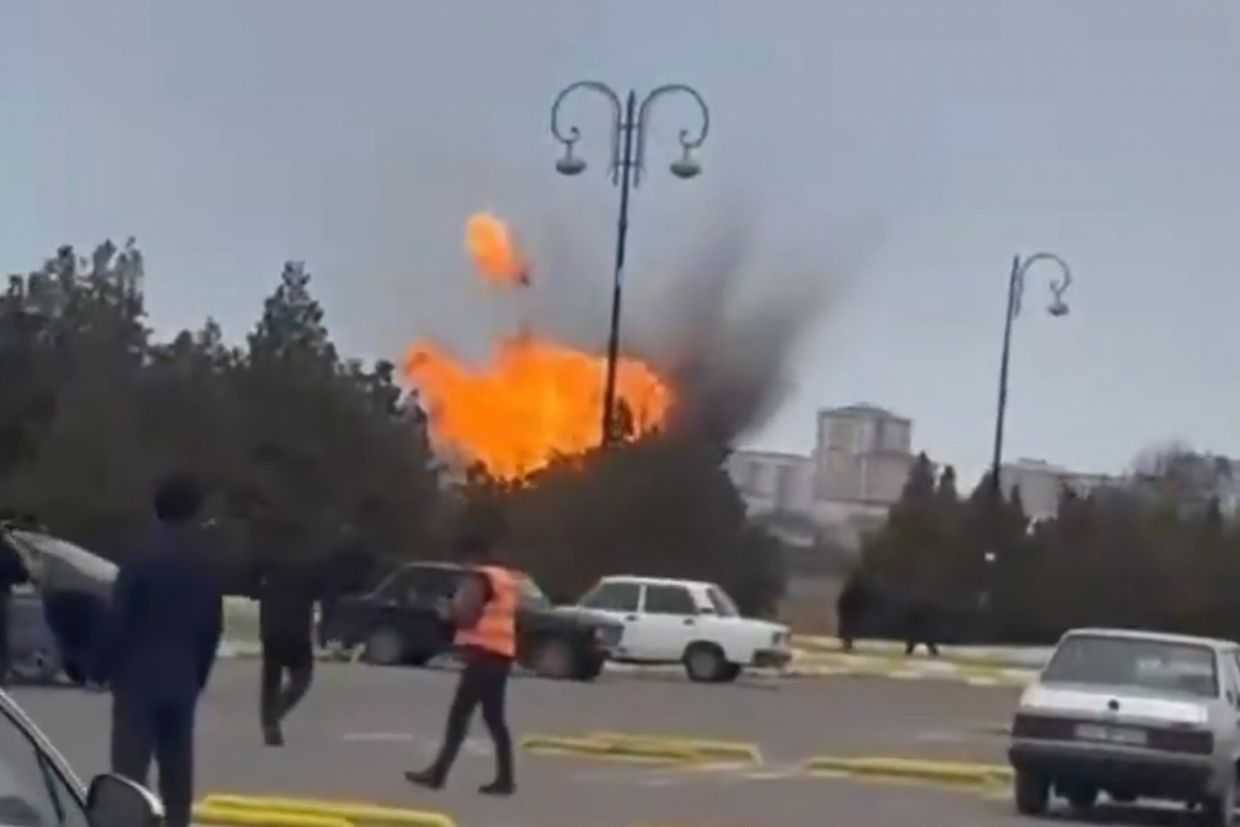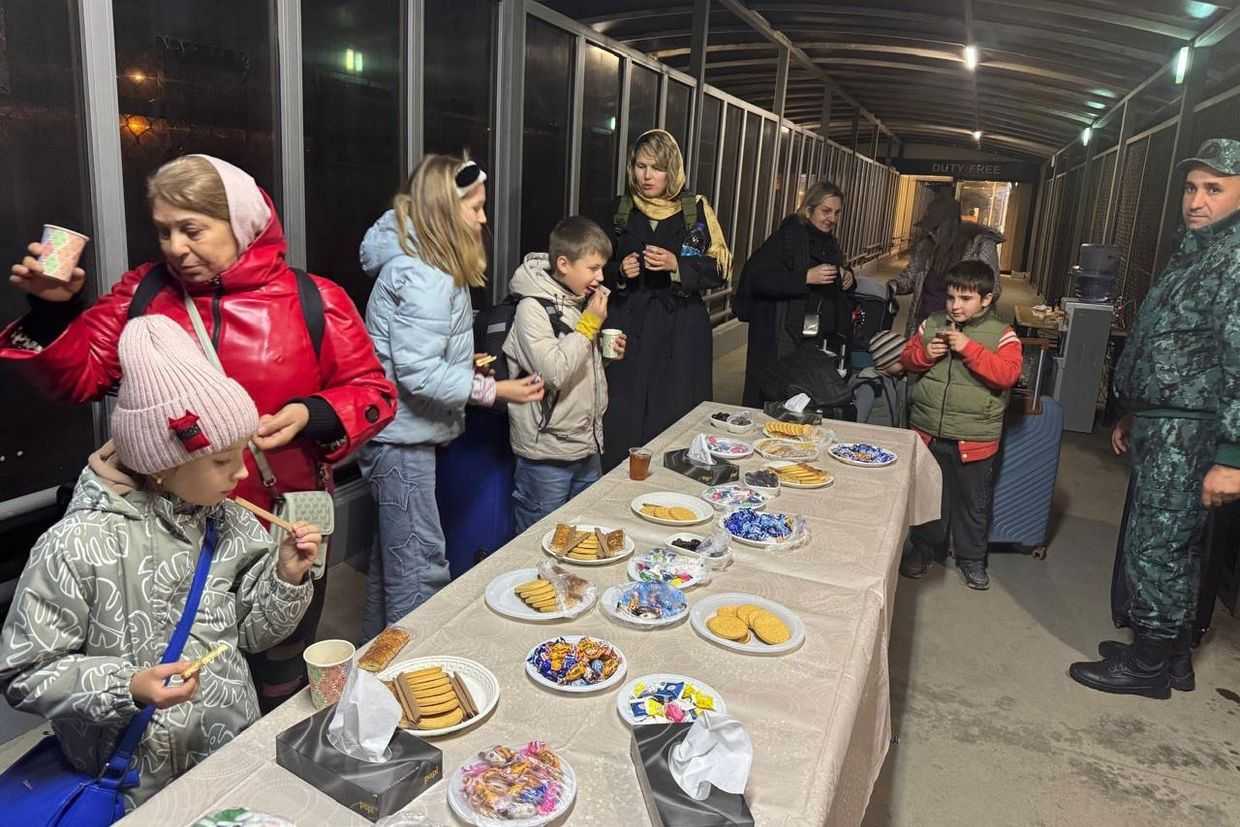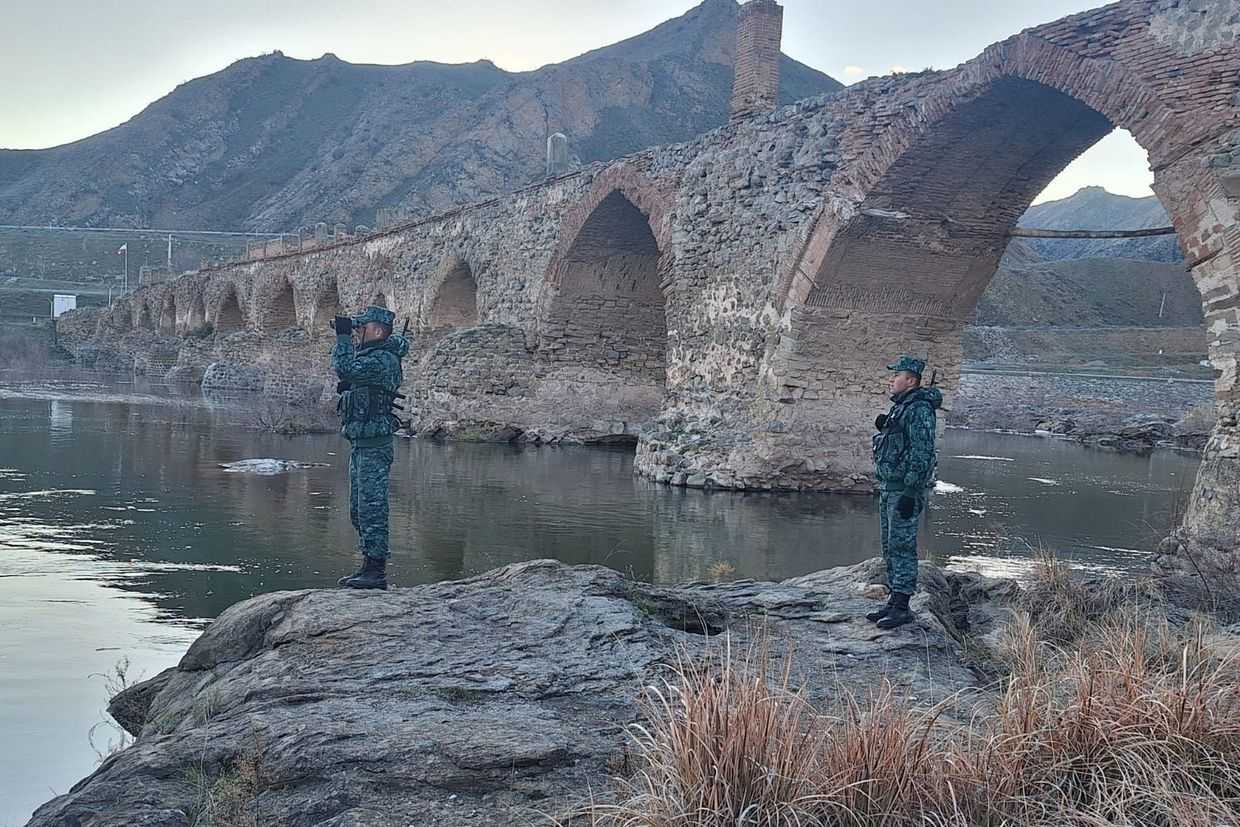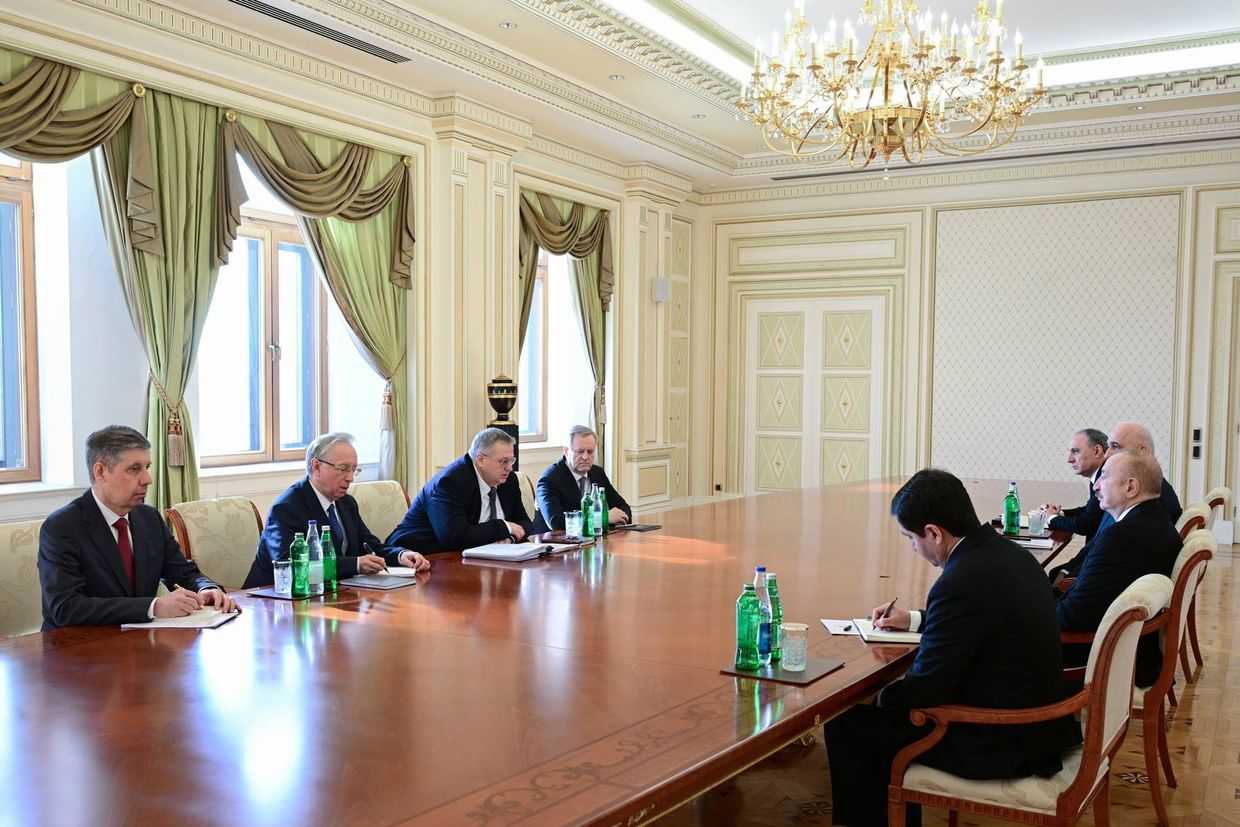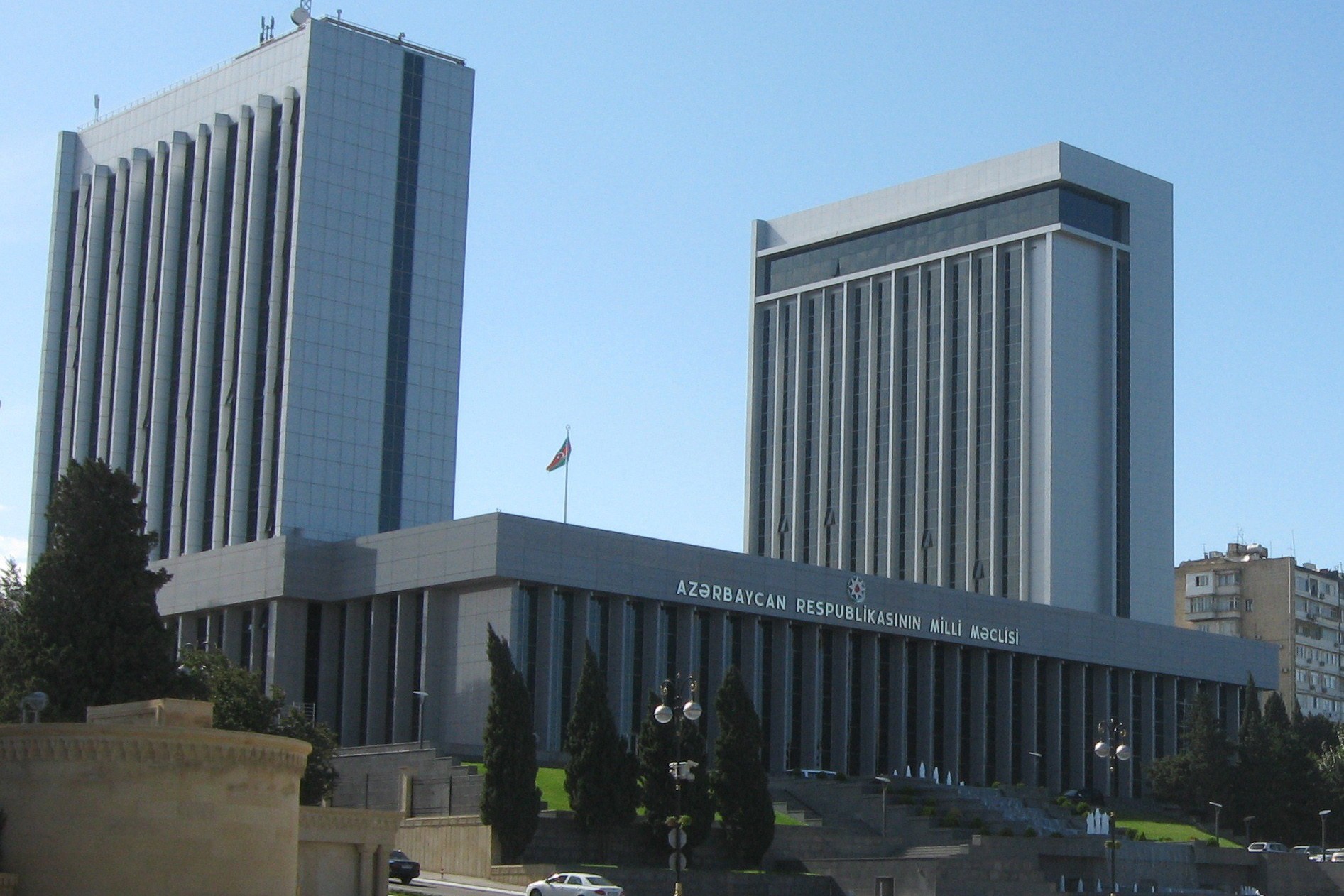
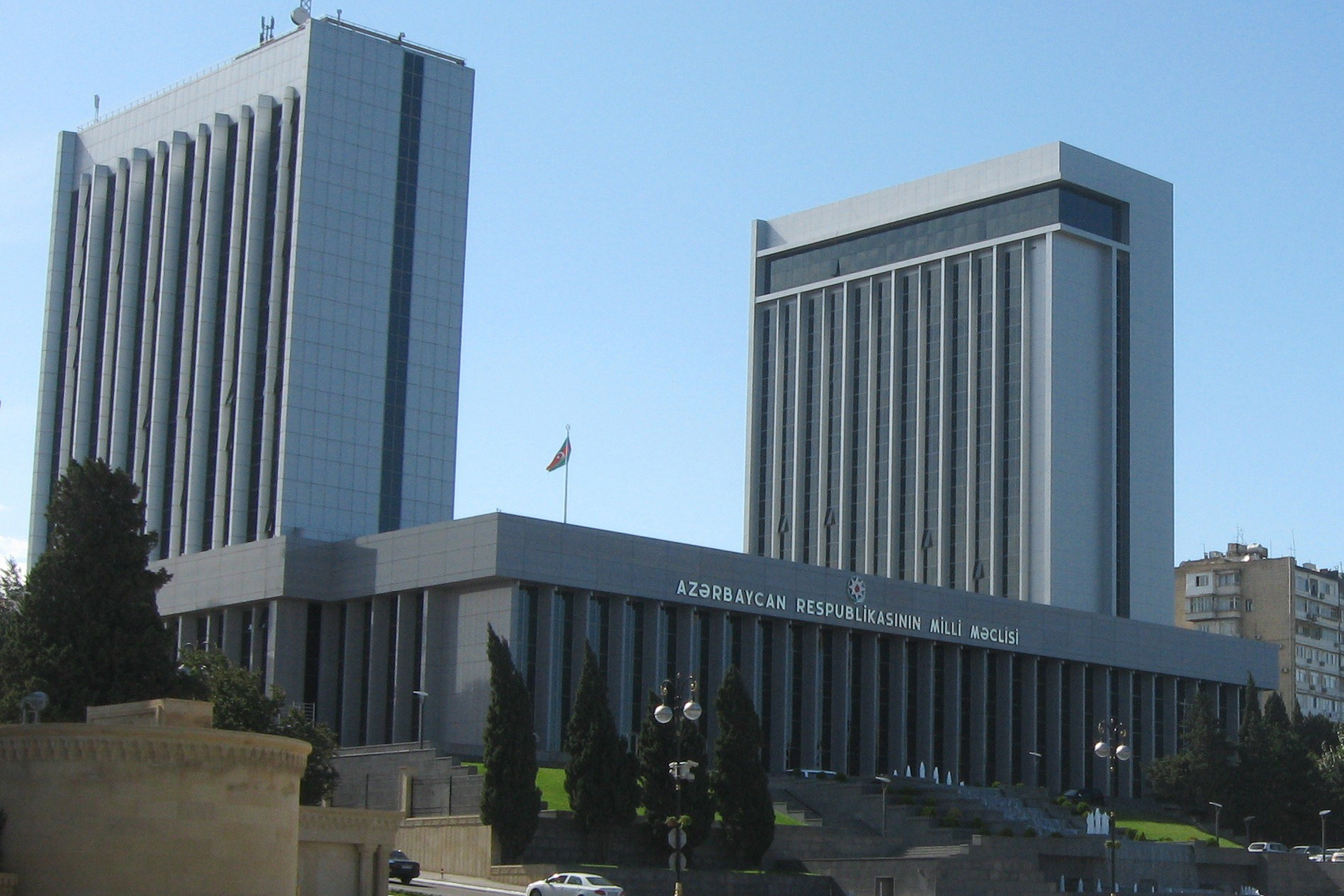
Azerbaijan’s opposition parties are split over whether or not to participate in upcoming snap parliamentary elections. The Musavat, ReAl, and Umid parties have announced they will take part while the Popular Front Party and others have vowed to boycott the poll.
The elections scheduled for 9 February will be the first snap parliamentary elections since the country’s independence.
On Wednesday, Ilgar Mammadov, the leader of the Republican Alternative Party (ReAl), announced that they would run in coalition with independent candidates under the ‘ReAl Republicans Union’.
‘We, as the Republican Alternative Party feel the importance of strengthening the foundations of the republic’, Mammadov said.
‘We will participate in this with citizens acting in positions similar to our thoughts.’
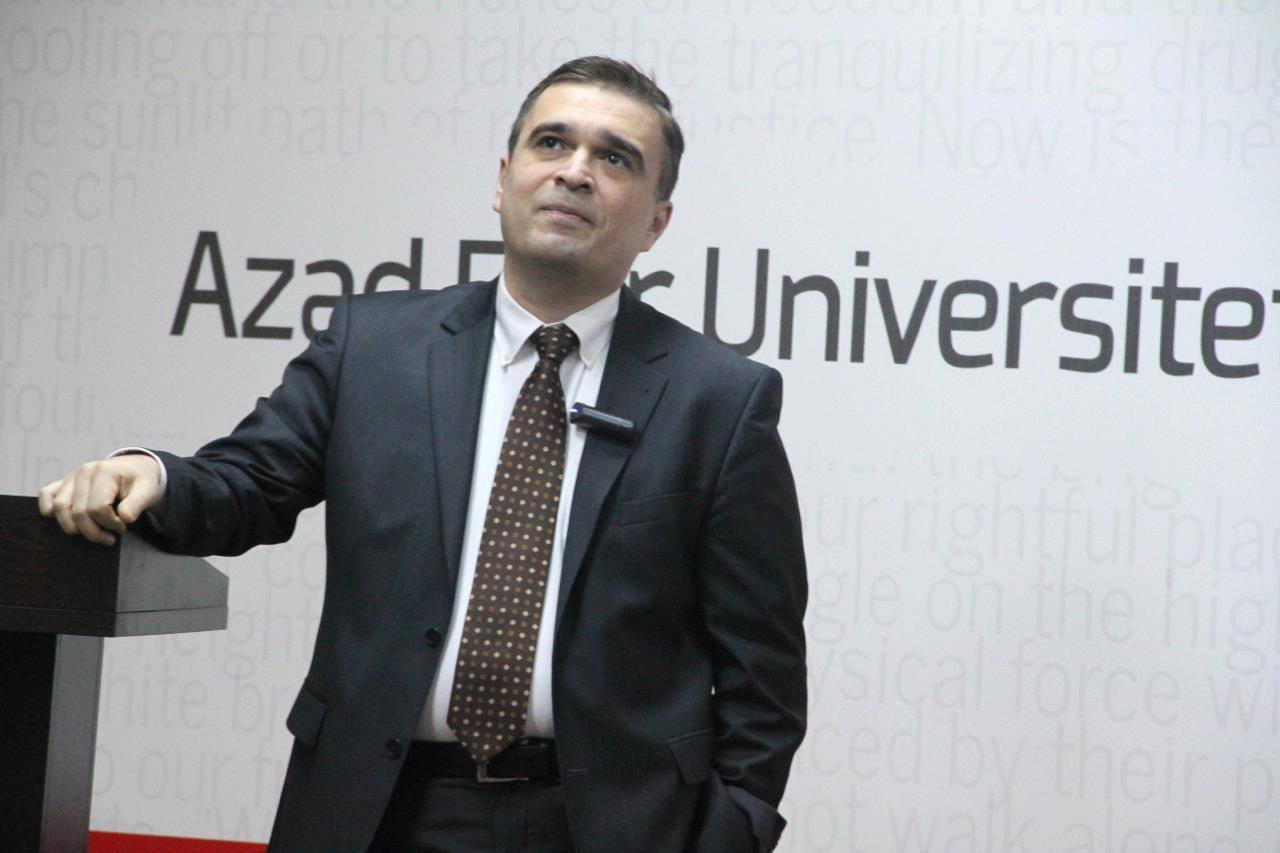
On Tuesday, Igbal Aghazade, the leader of the opposition Umid (hope) party, told Kanal 13 that the party would also participate in the upcoming elections.
‘We, as the Umid party, are supporting functional cooperation rather than [electoral] blocks policy’, said Aghazade, adding that they were discussing cooperation with other opposition parties.
‘The party’s supreme council approved 72 candidates for the elections’, a spokesperson told Interfax-Azerbaijan.
The Musavat Party also confirmed their participation in the elections.
On Monday, party leader Arif Hajili told Kanal 13 that ‘it’s more effective to express resistance to the activities of the Azerbaijani government in strengthening the authoritarian regime by participating in elections rather than boycotting them’.
The National Council boycott
Despite the Musavat Party taking part in the elections, the National Council of Democratic Forces, an opposition coalition of which they are a member, said they would boycott the vote.
The National Council’s leader, Ali Karimli, announced the decision on Facebook on Tuesday.
‘The National Council states that there is no environment for holding free and fair elections’, Karimli wrote. Karimli also heads the Azerbaijani Popular Front Party, another member of the National Council.
‘The Election Code has restrictive articles and is not in line with international standards, the election commissions are totally under the control of the ruling regime, independent media has been destroyed, the people, in fact, have been deprived of the right to assembly, there are more than 100 political prisoners in the country, opposition activists and politicians are under huge pressure, there is no competitive environment for political groups, there is a police state in the country’, he wrote.
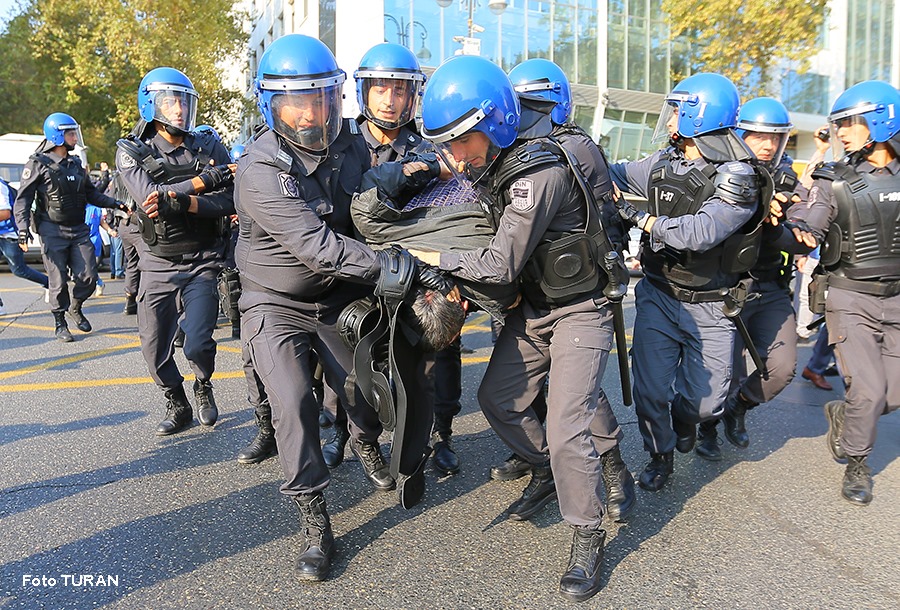
On Thursday, Siyavush Novruzov, deputy executive secretary of the ruling New Azerbaijan Party, told Trend News Agency that the National Council was not participating ‘in order to hide their powerlessness’.
‘This structure wants to impose the false idea on society that if they do not take part in the elections, then these elections will be undemocratic’, he said.
On 6 December, Deputy Prime Minister Ali Ahmadov, who is Deputy Chairman and Executive Secretary of the New Azerbaijan Party, told Trend that ‘the ruling New Azerbaijan Party (YAP) will be able to maintain its majority in parliament’.
‘The YAP will actively participate in parliamentary elections by nominating its candidates. The high rating of the YAP chairman Ilham Aliyev gives us hope that the candidates nominated by the YAP will receive the votes of the majority of Azerbaijani voters’, he said.
Ahmadov also wrote on Facebook that the party urged all parties to participate in the upcoming elections.
The Central Election Commission announced that registration for candidates would open on 21 December and last until 10 January. The campaigning period will start on 17 January and end on 8 February, they added.
On 2 December, Parliament passed a resolution recommending the president dissolve Parliament. Vice-speaker Bahar Muradova read out to MPs an appeal from the ruling New Azerbaijan Party, which stated the need to update parliament.
On 4 December, the Constitutional Court of Azerbaijan recognised the constitutionality of parliament’s decision to recommend the president dissolve parliament and call snap elections.
A day later, President Ilham Aliyev signed a decree to dissolve parliament and scheduled snap elections for 9 February.
A new parliament with an elitist face
Rauf Mirkadirov, a political expert and journalist in exile in Switzerland, told OC Media that ‘it is clearly understood that the future composition of parliament will be elected in some cabinet with the participation of a few people’.
‘Certainly, this parliament will not be elected through the votes in the ballot boxes’, he said.
Mirkadirov was critical of the country’s opposition for lacking a clear strategy or new ideas.
‘Neither those who refused to participate nor those who decided to participate in the vote have presented a clear vision of the situation.’
‘The problem is that they did not provide any clear [indication of] what they want, why they are participating in these elections, what will happen afterwards’
‘When everyone talks about reforms, but no one knows what these reforms mean, which way Azerbaijan is choosing to develop, then in this case, participation in the elections also does not seem very logical’, he said.
Talking about the ReAl Party, Mirkadirov said that although they had begun as a different kind of opposition party, they had now transformed into a more traditional Azerbaijani opposition party.
‘Until now, they have not played the same game that everyone else is playing. Now they have become participants in this same process.’
‘They also failed to offer anything new’, he said.
Speaking of why the elections were being held, Mirkadirov said that the ‘face’ of parliament was being changed, as had already happened to the government.
‘In the executive branch, this coup has already taken place — the coup of the elites. New people have come in — managers who are just waiting for instructions, to one extent or another.’
‘Most likely, the same thing will happen to parliament.’
‘If you observe those who are running for parliament today as independent candidates, these are young, unknown, educated people. Most likely, when they [the authorities] determine the place of the opposition in parliament, those in power will also insist that the new face of parliament should be elitist.’
‘That is, a parliament will be created with a good, intelligent face, with a high level of educational qualification’, Mirkadirov said.
‘A restrictive political environment’
International observers and rights groups have overwhelmingly condemned previous elections in Azerbaijan as lacking democratic legitimacy.
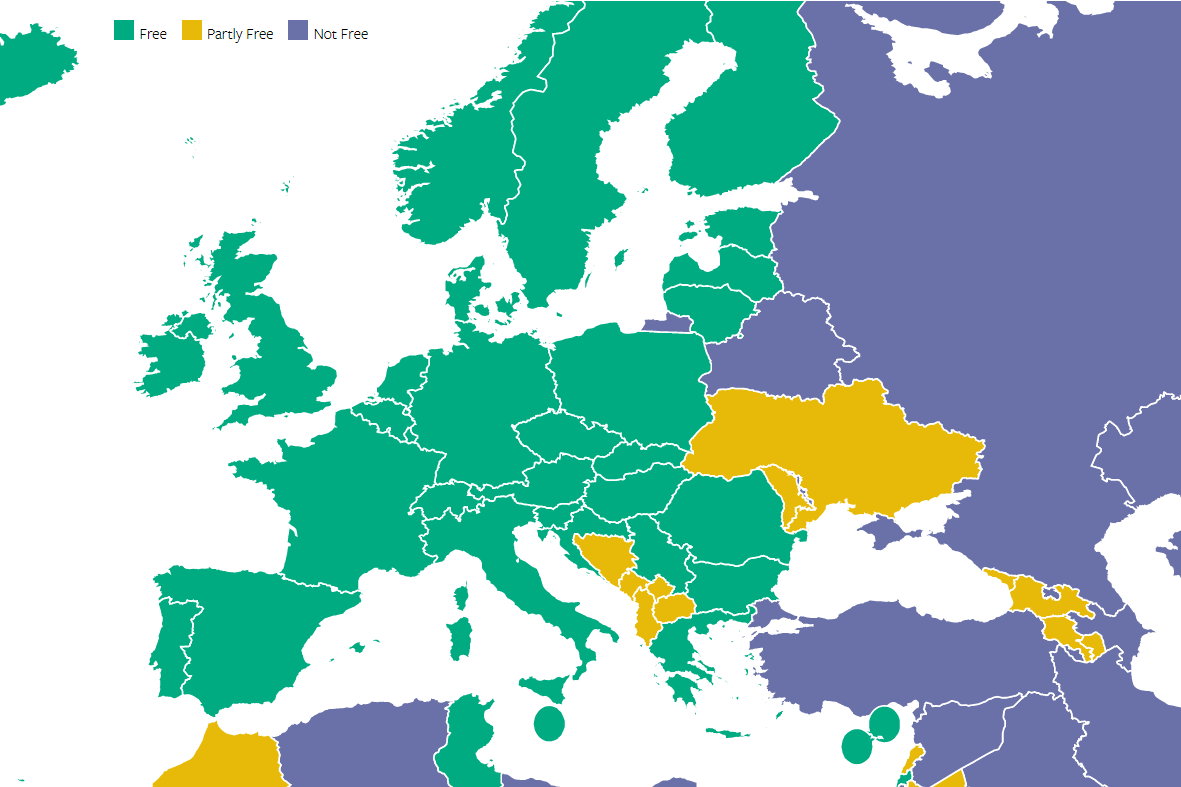
In their final report following April 2018’s snap presidential election, the OSCE observation mission concluded that the election ‘took place within a restrictive political environment and under a legal framework that curtails fundamental rights and freedoms, which are prerequisites for genuine democratic elections.’
‘[The election] was characterised by a widespread disregard for mandatory procedures, numerous instances of serious irregularities, lack of transparency, and cases of hindrance to the work of observers.’
The mission reported ‘numerous serious violations, including indications of ballot box stuffing, multiple voting, and series of seemingly identical signatures. Procedures related to inking, a key safeguard against multiple voting, were frequently disregarded.’
‘Observers assessed negatively more than half of the vote counts they observed, largely due to an obvious disregard for prescribed procedures or deliberate falsifications, including of results’, the report said.



